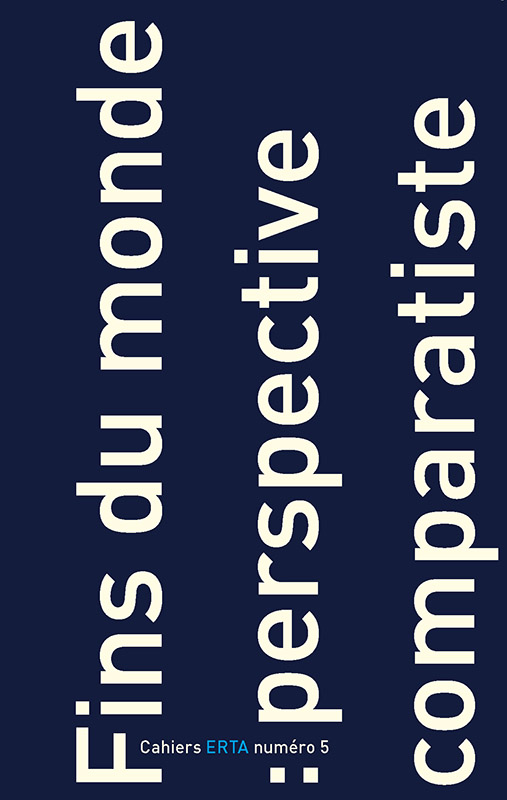La narration d’une fin de cycle dans Fragments d’une histoire future de Gabriel Tarde
Mots-clés :
catastrophe, humor, aesthetics, humanity, civilization, climate change, solar energyRésumé
The French sociologist Gabriel Tarde is well-known for his theory of social imitation. His work Fragments d’une histoire future is less quoted as it is a prospective essay on the future of humanity. The article deals with the narrative of this history and focuses on the special writing of the end of a cycle. How do human beings react in extreme circumstances when one major source of energy disappears ? How do they change their traditional world vision ? What are the main values that we can save in order to ensure the revival of humanity ?
Téléchargements
Références
Dupuy J.-P., Pour un catastrophisme éclairé, Paris, éditions du Seuil, 2002.
Favre P., « Gabriel Tarde et la mauvaise fortune d’un "baptême sociologique" de la science politique », [dans :] Revue française de sociologie, 1983, vol. 24, n° 1.
Mercier L.-S., Le nouveau Paris, Paris, Mercure de France, 1994 (choix de textes de 1789-1800).
Orwell G., 1984, A. Audiberti (trad.), Paris, France Loisirs, 1984.
Robert T., « Neils (Jennifer), The Youthful Deeds of Theseus », [dans :] Revue belge de philologie et d’histoire, 1991, n° 69. G. Tarde, Fragment d’histoire future, Lyon, éditions Storck, 1904.
Tarde G., «Fragment d’histoire future», [dans :] Les cahiers psychologie politique, no 22, Janvier 2013. URL : http://lodel.irevues.inist.fr/cahierspsychologiepolitique/index.php?id=2443.
Vatin F., « Tarde, Cournot et la fin des temps », [dans :] L’Homme et la Société, 2000, vol. 136.
Verne J., Voyage au centre de la Terre, Paris, Hachette, 1948.

 Revues scientifiques académiques
Revues scientifiques académiques





